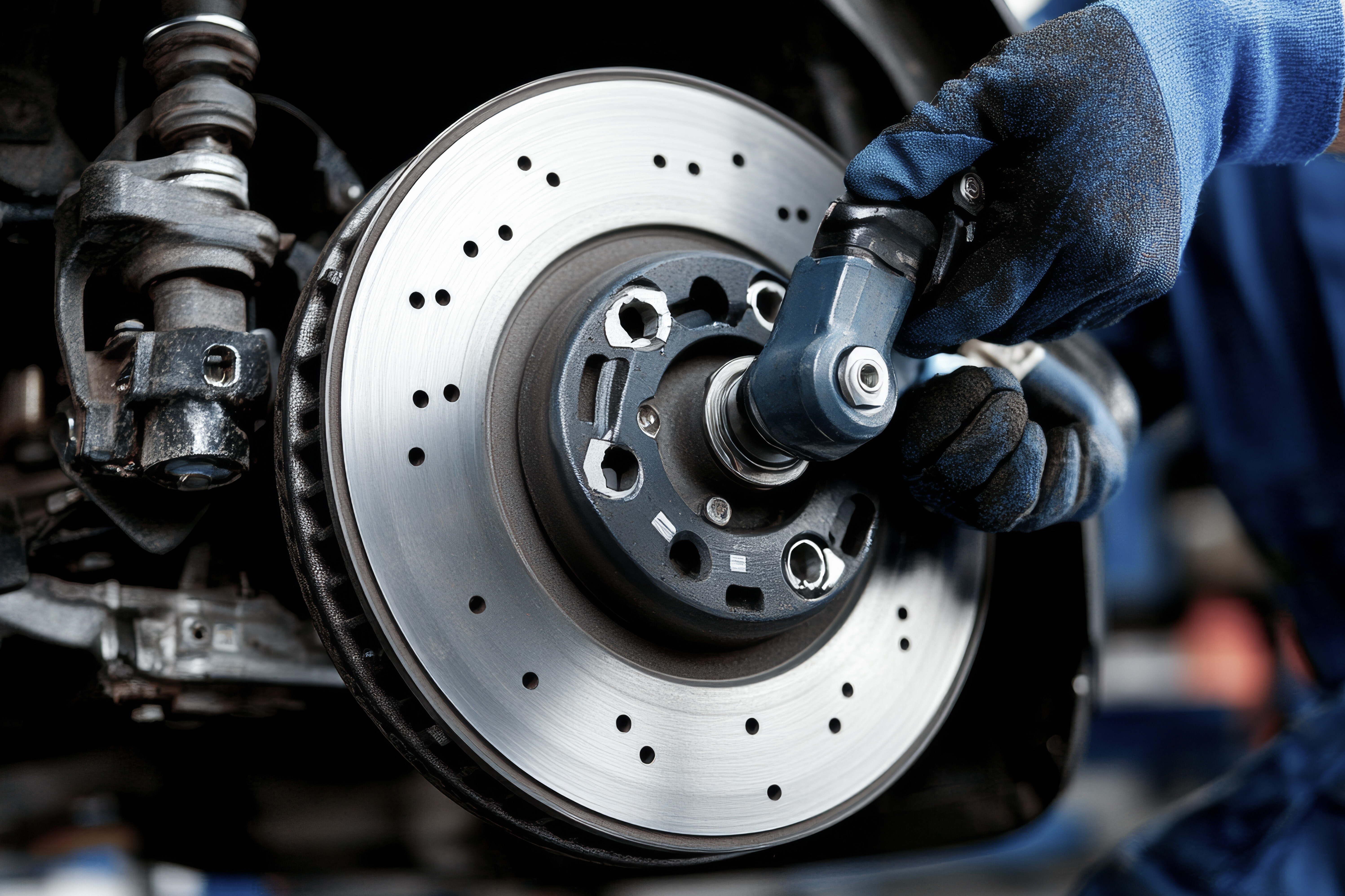In the auto parts manufacturing industry, air quality in work environments is a key issue, and the use of proper extraction systems can make all the difference.
Machining processes, such as turning, milling and grinding, generate oil mists and vapors that, if not properly treated, can have negative consequences on workers' health, plant safety and the quality of finished products.
For this reason, adopting optimal extraction systems is not just a regulatory requirement, but a strategic choice to ensure healthier and more efficient environments.
The challenges of auto parts manufacturing.
The production of parts for the automotive industry presents many challenges in terms of quality, to precision and safety. Machining processes in auto parts must ensure very high standards, with minimum tolerances to ensure the perfect functioning of parts in vehicles. However, these processes generate high amounts of oil mist and fine particulate matter, which can compromise both the quality of the final product but also the durability and reliability of the machinery used.
But that's not all: manufacturing environments are often subject to stringent safety and environmental impact regulations. The accumulation of oil residues on auto parts can alter their quality, while deposits on equipment can cause malfunctions and increase the need for extraordinary maintenance.
The challenge for companies is therefore to strike a balance between production efficiency, compliance with regulations and protection of workers' health, making the adoption of advanced filtration solutions essential.
Oil mists: what they are and why they are harmful.
Oil mists are micro-particles of oil and coolants that become airborne during industrial processes in which lubricants and cutting fluids are used. These particles are mainly formed as a result of the evaporation of machining fluids at high temperatures and the fragmentation of larger droplets caused by the high speed of mechanical tools.
In addition to being a problem for air quality, oil mists can have significant consequences for the safety and efficiency of manufacturing environments.
Their dispersion on work surfaces can make floors slippery, increasing the risk of accidents. In addition, the accumulation of oily residues on machinery and equipment can impair the proper operation of equipment, reducing its efficiency and increasing the need for extraordinary maintenance.
The advantages of using effective aspiration and filtration systems.
An extraction system for the treatment of oil mists offers numerous advantages, including:
- Increased worker health protection by reducing exposure to potentially harmful substances.
- Safer work environments by reducing the risk of slippery surfaces and oil deposits on equipment.
- Improved production efficiency by preventing oil residues from impairing machinery operation.
- Compliance with environmental and safety regulations, meeting European and national directives on air quality in the workplace.
To meet the needs of oil mist filtration in the auto parts manufacturing sector, HF Group offers a range of advanced solutions. These innovative extraction systems are designed for maximum efficiency, reduced maintenance and a safer working environment.
Relying on industrial extraction systems such as those from HF Group means not only improving air quality, but also optimizing production processes and reducing risks to workers.
Choosing the right filtration solution is a strategic investment that results in a cleaner environment, better performing facilities and increased safety.
Read how we solved a concrete case: one of our customers, active in the production of auto parts, contacted us about a problem related to the presence of oily mists generated during processing.
Thanks to our intervention, we were able to effectively and sustainably eliminate the problem.
Download the full case study to find out all the details of the solution adopted and the results obtained.



